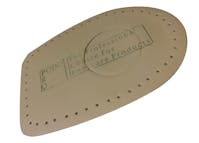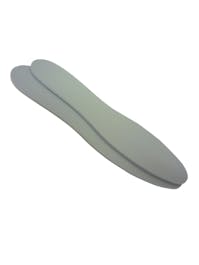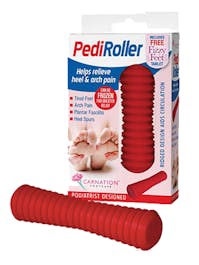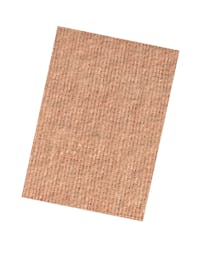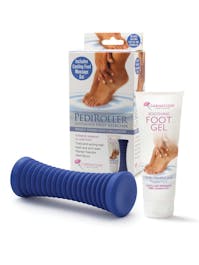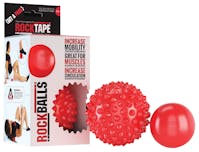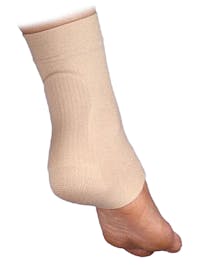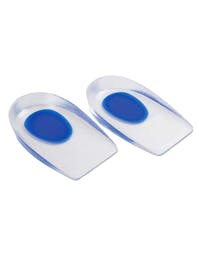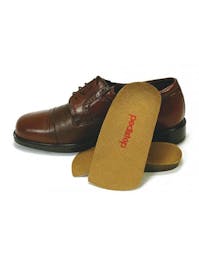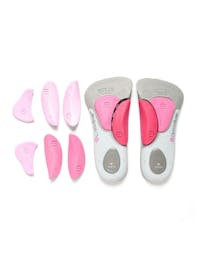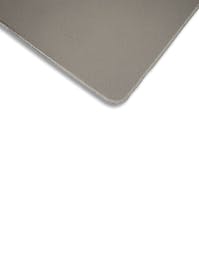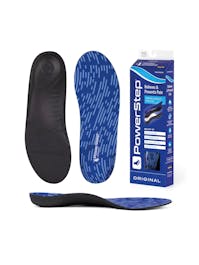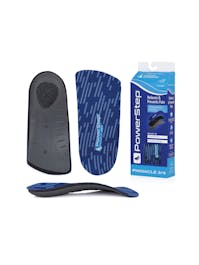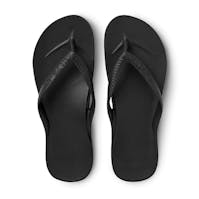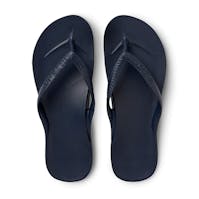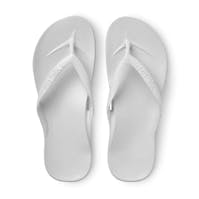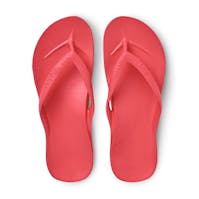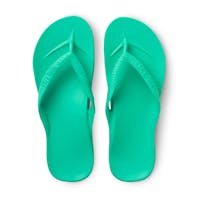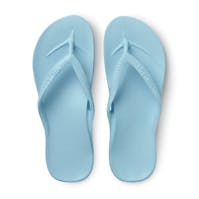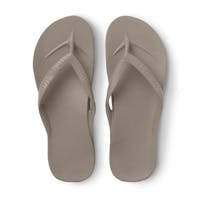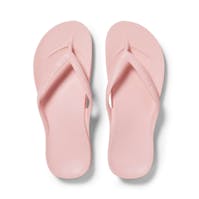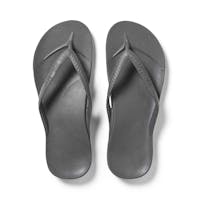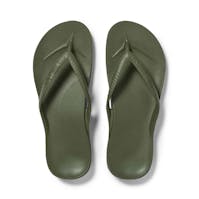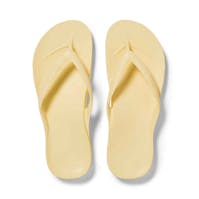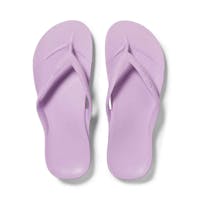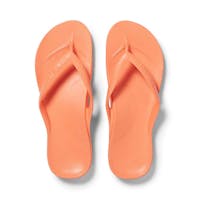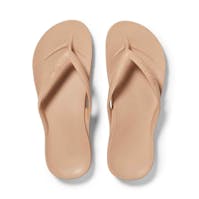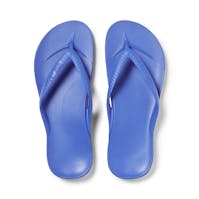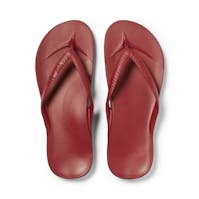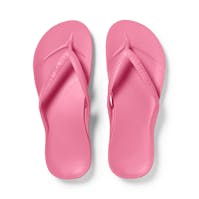What is Heel Pain?
A painful heel can appear for no apparent reason and without history of trauma. The pain is described as sharp and usually worse first thing in the morning, gradually subsiding, then reoccurring at the end of the working day.
What causes Heel Pain?
Heel pain is often due to the inflammation of the surrounding soft tissue around the heel bone or the pulling away of the lining of the bone. Reductions in the pad of fat under the heel and the inability of the pad to resist compression are also considered to be import factors in heel pain.
The heel bone (calcaneus) is attached at the rear by the Achilles tendon and by a band of tendons, which are connected to the bottom front of the bone (plantar fascia). Because the plantar fascia and the Achilles tendon pull in 90º opposing directions, it is not uncommon for them to become inflamed causing Achilles tendonitis (inflammation of the Achilles tendon) and plantar fasciitis (inflammation of the plantar fascia).
If the foot abnormally over-pronates (rolling-in), the plantar fascia becomes very stretched and twisted as it tries to prevent the abnormal pronation. The extra stress can even lead to the pull of the lining of the bone at the point of attachment. The bone eventually begins to grow in the direction of the pull (to prevent the lining of the bone being pulled away from the bone). This condition is known as a Heel Spur and it will inevitably cause inflammation around the point of attachment.
Conditions that may cause Heel Pain:
Flat feet – Increased pronation causing plantar fasciitis.
High arch – Shortening of the plantar fascia, lack of shock absorption.
Bony feet – Heel pad decreases with age.
Active feet – jogging or hiking may lead to increased shock.
Treatment and prevention of Heel Pain
The treatment should consist of the reduction of the inflammation, the protection of any continuous trauma and the correction of the foot function.
- Ice massage - rubbing over the painful heel.
- Anti-inflammatory medication – Topical application or oral medication.
- Exercise – to stretch the ligaments.
- Strapping – To tape the foot in the correct position.
- Physiotherapy - Laser therapy and ultra sound to reduce inflammation.
- Injection of cortisone – Only in some severe and persistent cases.
This information is for guidance only. If you are in doubt at all, please consult your nearest health professional.

